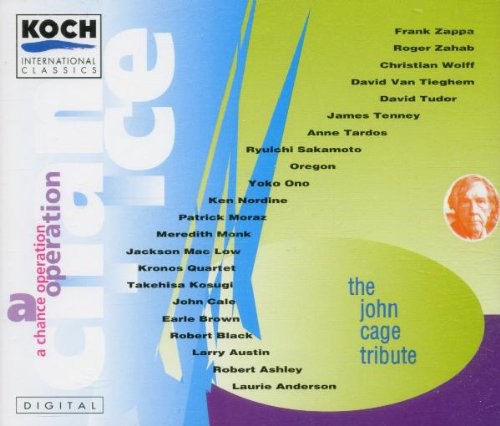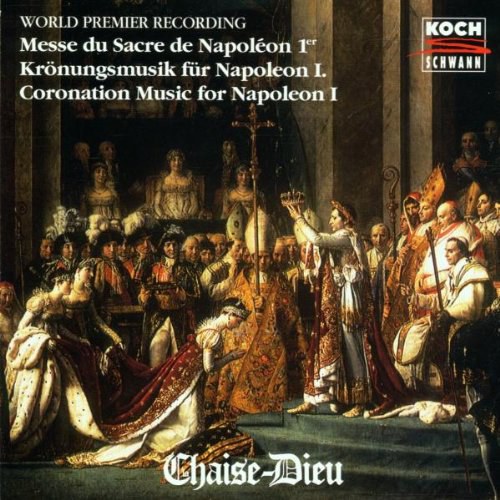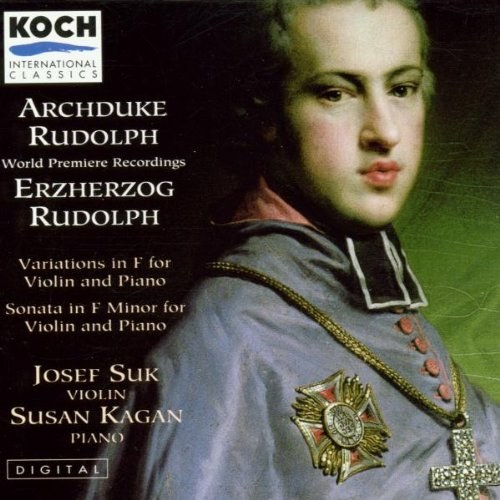MUSIC FOR THE CORONATION OF NAPOLEON I. Mady Mesple (soprano), Gerard Hunan (tenor), Yves BiSSOn (bass), Pierre Cochereau (organ), chorus and orchestra conducted by Armand Birbaum. Philips Universo 6581 012 (f1.85). Recorded in the Notre-Dame Cathedral, Paris. Le Sueur (orch. Thilde): Coronation Starch. Paisiello (orch. Thilde): Coronation Mass. Te Deum.
This disc is something of a curiosity. Recorded in Notre-Dame, Paris, where the ceremony took place, it offers music from Napoleon's coronation on December 2nd, 1804. Like so many Frenchmen, Napoleon preferred Italian music to the native product; his favourite was Paisiello, from whom he commissioned the Mass and Te Deum, leaving the lesser music to Le Sueur (who wrote some motetes as well as the march recorded here) and ignoring the fact that the gifted Maul had already expectantly composed a Coronation Mass. (For some of this information I am indebted to Jean Mongredien's valuable sleeve-note.)
The style of Paisiello's music, while recognisably that of an opera composer, is not quite what you might expect from the composer of the Barbiere di Siviglia that tickled ears across the whole of Europe. His sacred idiom may not, in general, have been very different from his opera-house one; but although there are a good few solo fioriture he clearly recognised the solemnity of this particular occasion and the need to supply music of dignity and grandeur— and also, surely, of sufficient orchestral ingenuity to satisfy the more sohpisticated of the French ears. The Kyrie of his Mass begins with high, ethereal violins, the Gloria (of course) with splendid, blazing brass; in the "Gratias", a lyrical tenor solo is garnished by warbling clarinets and flutes, and, after a very original. harmonically expressive and enterprising "Qui mills" (with unusual trombone writing, or so it seems) comes the "Domine salvum fac inaperatorem Napoleonem", the work's climax, with ringing fanfares for the brass and woodwind trills, and then a grandiose bass solo. (I should, incidentally, add that all the works recorded here are specified on the sleeve as "Orchestrated by Jean Thilde", but the note gives reason to presume that most of what we hear is authentic.)
The Te Deum, which occupies the whole of the second side, is more consistently choral, and there is a lot of antiphonal writing for the two choirs; possibly the music depends a little too much on effectiveness and is of less inherent interest. The most attractive movement is the "Te ergo quae sumus", a duet for soprano and baritone, with an expressive oboe solo to start with; the most striking is the "Salvum fac", another grand ceremonial march with brass and percussion prominent—music much influenced by the revolutionary hymns and marches half a generation earlier (and which has echoes too in Beethoven). How different the world of Napoleonic France must have seemed to Paisiello compared with that of the Neapolitan court of his youth.
The ceremony in 1804 was directed by Le Sueur, whose curious, faintly awkward lines in the march that begins the disc have an unconventional solemnity of their own. In all this I have so far not mentioned the record's principal feature: Notre-Dame itself. It is doubtless an excellent idea in principle to record music in its original setting, but in fact the acoustics are so hugely reverberant that the sound is seriously blurred, and the harmonies smudge and mingle like a watercolour left out in the rain. Possibly the price to be paid for 'atmosphere' is too great; what will pass well enough for someone present on a ceremonial occasion in a cathedral may seem less happy when transported to one's own fireside. Further, the organ's pitch is by no means secure— although that is scarcely inconsistent with the brass playing, or the chorus, or the soloists. The choral ensemble is at best ragged; the solo singing is adequate, but not much more, with Mady Mesple sweet and agile but not really assured, Gerard Dunan quite smooth and eloquent once firmly on the note, and Yves Bisson a reasonably sturdy bass. S.S.
Performed By :
Brass Ensemble / Elena Jaskunova / Emilia Titarenko / Galina Dolbonos / Galina Gordeeva / Lubov Dziltsova / Oleg Palkin / Sergej Fomenko / Sergej Rokozitza / St. Petersburg State Academic Capella Choir / Tatjana Jashina
Performance Credits
Name Credits
Vladislav Tchernushenko Conductor
Galina Dolbonos Mezzo-Soprano (Vocal)
Lubov Dziltsova Soprano (Vocal)
Sergej Fomenko Tenor (Vocal)
Galina Gordeeva Soprano (Vocal)
Tatjana Jashina Soprano (Vocal)
Elena Jaskunova Soprano (Vocal)
Oleg Palkin Baritone (Vocal)
Sergej Rokozitza Tenor (Vocal)
Emilia Titarenko Soprano (Vocal)
Brass Ensemble Brass, Ensemble
St. Petersburg State Academic Capella Choir Choir, Chorus
St. Petersburg State Academic Capella Symphony Orchestra Orchestra
Dieter Heuler Cover Design
Florence Daguerre de Hureaux Translation
Heinz Klein Balance Engineer


